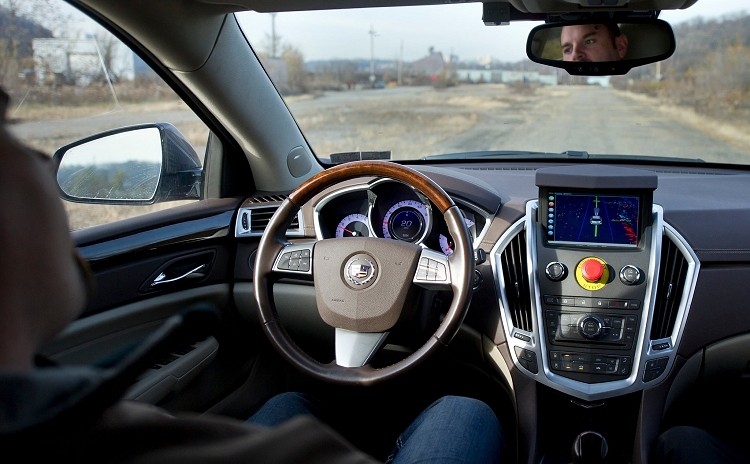Many experts believe self-driving cars will become the norm within the next decade. It's not as far-fetched as it might seem when you consider Google is already testing driverless cars on the roadways of California. Such vehicles will no doubt be a huge convenience for drivers but little thought has publically been given to how driverless cars will change the environment around us.
Harvard University researchers point out that about a third of the land in some cities is used for parking. The National Highway Traffic Safety Administration estimates that 30 percent of driving in business districts is devoted to looking for a parking space. What's more, nearly a billion miles are wasted each year as people hunt for somewhere to park.
It's metrics like this that self-driving cars could flip on their end.
Driverless cars could drop users off at their destination and wait at a predetermined location. Parking tickets would become a thing of the past as cars would be programmed to follow the rules. Air would be cleaner because humans wouldn't be wasting time trying to find a parking spot. Streets could be narrower as automated vehicles would be more skilled drivers.
Fewer parking spaces and narrower streets would equate to more space for businesses while home prices could drop as there'd be more room to build new houses.
Ryan Calo, a specialist in robotics and drones as well as an assistant professor at the University of Washington School of Law, believes vehicle automation is going to allow for repurposing of parking spaces in cities as well as the car itself. The vehicle could become an extension of the home, allowing the rider to get work done, relax or consume entertainment during a commute rather than focus on and waste time driving.
It's an interesting proposition and one that we appear to on the fast track for. It's no flying car but perhaps it's the next best thing... or even better?
